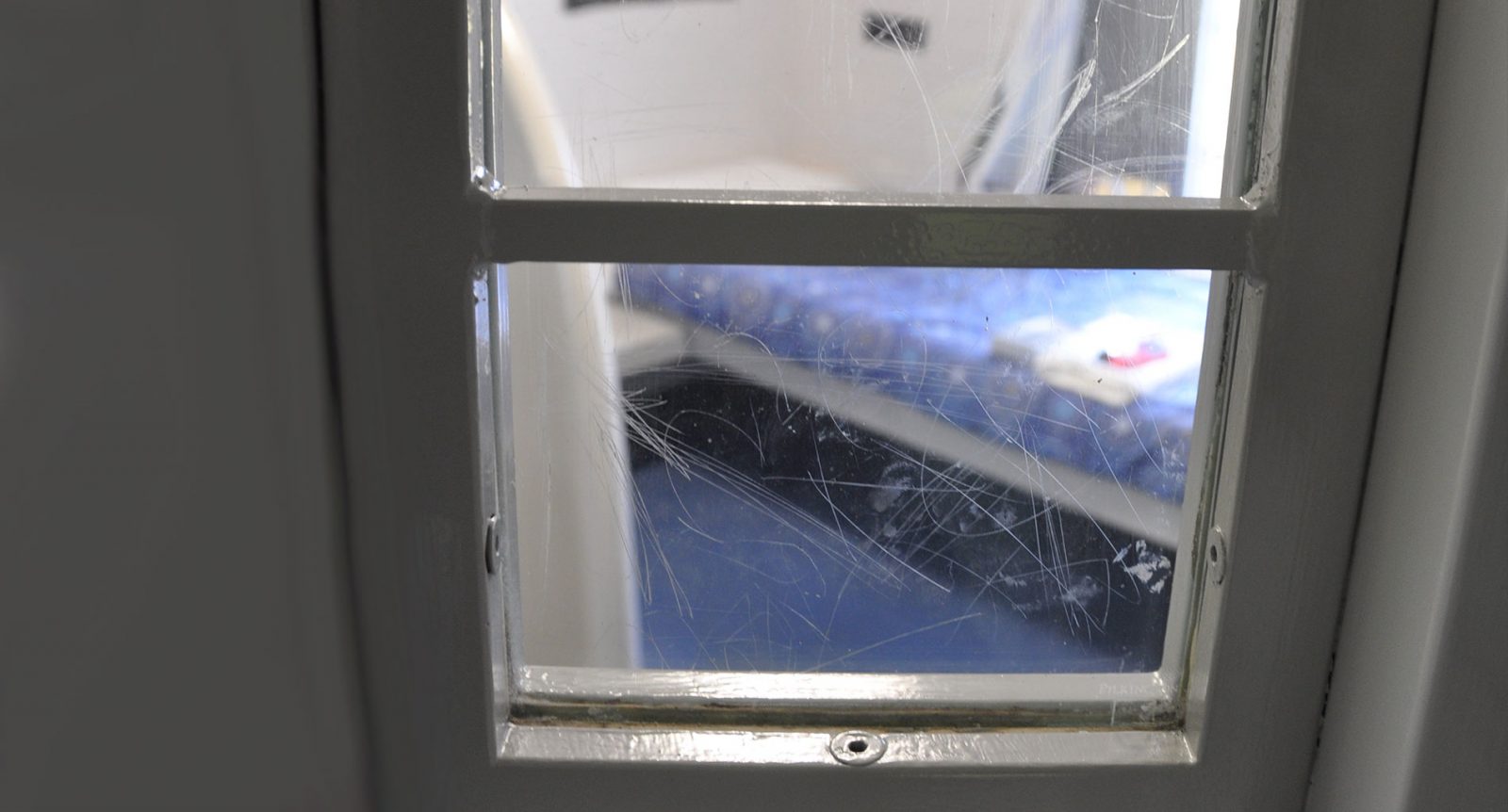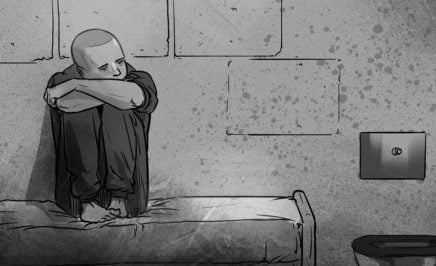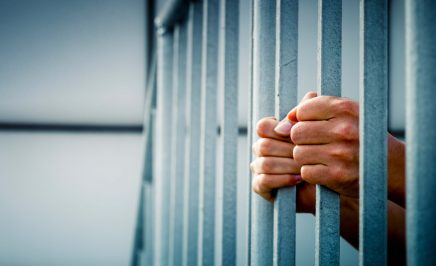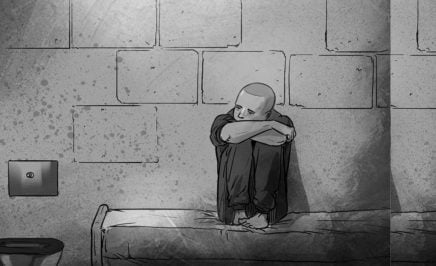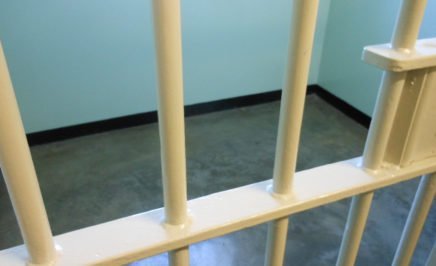Solitary confinement of children should be ended in Western Australia, an inquiry into allegations raised by Amnesty International Australia has found today. The recommendation is one of five in the WA Inspector of Custodial Services’ report, which WA Corrections Minister Fran Logan must implement immediately, said Amnesty International.
The WA Office of the Inspector of Custodial Services’ today released its report ‘Directed Review of Allegations made by Amnesty International Australia about ill-treatment at Banksia Hill Detention Centre’, examining alleged mistreatment of two young people.
The report found the young people were ‘probably’ held in conditions that constituted solitary confinement under international law and, if so, the Department of Justice was in breach of the UN Convention against Torture.
Amnesty International welcomes the report’s five recommendations, addressing the main allegations raised by the organisation.
WA law fails international standards
Most significantly, the report finds that WA laws governing confinement of children ‘are obsolete, outdated, and inconsistent. They fail to meet international standards.’
Amnesty International urges Minister Logan to immediately implement the report’s recommendations to amend the Young Offenders Act 1994 and the Young Offenders Regulations 1995.
“It’s a stain on Western Australia that these domestic laws don’t meet the standards of international law. The previous Government began a review into the Young Offenders Act and regulations, but the review has stalled under this Government. It’s high time Minister Logan finalise this review and brings these laws up to standard, so that no WA child is ever held in solitary confinement in the future,” said Tammy Solonec, Amnesty International Australia’s Indigenous Rights Manager.
In response to allegations that young people were excessively handcuffed, the report noted poor record keeping regarding the use of handcuffs and recommended that all uses of physical and mechanical restraints are recorded, including reasons for their use.
Regarding allegations that children were forced to ‘earn’ their bedding each night, the report recommended any removal of a young person’s bedding from their cell happens only when the young person is at risk or in a short term holding cell, and that both the removal and reason for removal are recorded.
Responding to concerns that young people were regularly either self-harming or threatening self-harm, the report recommended that children’s caregivers be notified whenever a young person has self-harmed, or attempted or threatened self-harm. It conceded that ‘due to weaknesses in notification procedures and recording’ they could not confirm when the detainee’s mother was contacted, how often or why.
The report also recommended the Department of Justice prioritise allegations of misconduct, abuse or poor treatment for internal assessment and investigation.
Inadequate record-keeping, CCTV deleted
Throughout the report, the Inspector acknowledges that inadequate record-keeping makes it impossible to substantiate some of the allegations. It was noted that Banksia Hill deletes CCTV footage after 28 days, footage that would have been crucial in proving or disproving the allegations.
“It shows how poor the record-keeping is when even the Inspector, who has unfettered access, cannot gather the evidence to conclusively examine these allegations,” said Tammy Solonec.
“These children are in the care of the Department, which must keep thorough records and retain CCTV footage of children’s treatment.”
FOI request refused, transparency needed
Amnesty International’s Freedom of Information requests into further allegations at Banksia was recently refused, a decision now being examined by the WA Information Commissioner.
“The children of WA deserve better. It’s time for Minister Logan to be transparent and address what’s going on inside Banksia prison and in WA’s broken youth justice system. Fundamentally, he must shift the WA youth justice system from the current punitive model that places vulnerable children at risk, towards a therapeutic approach that supports children and their families so they don’t offend in the first place.”
Indigenous children are the most at risk in WA’s youth justice system, being 32 times more likely to be locked up in WA than non-Indigenous children. Many of the children at Banksia have disabilities, with a recent report showing one in three have Fetal Alcohol Spectrum Disorder and one in nine have some form of neurological impairment.
The Inspector notes this is the seventh report on Banksia Hill in six years, due to the ongoing problems in the centre. Without Government action, the inspector warns Banksia Hill “will again descend into chaos and dysfunction.”
